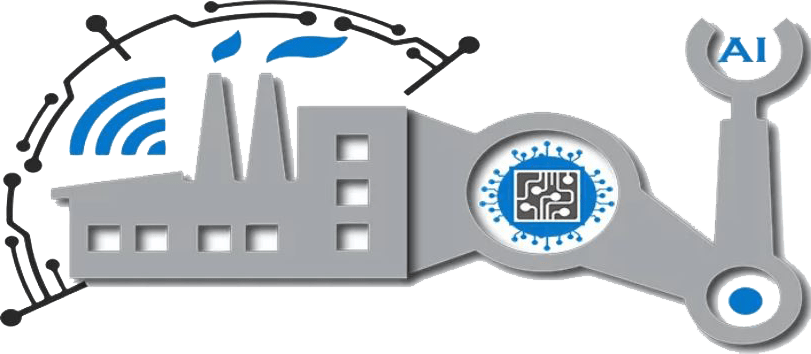Navigating the Next Frontier of Economic Evolution
Abstract:
Economy 5.0 marks a transformative phase in economic evolution, propelled by the convergence of digital technologies, sustainable practices, and a heightened focus on societal well-being. This comprehensive paper delves into the multifaceted dimensions of Economy 5.0, exploring its key components, applications, challenges, and the profound impact it carries in reshaping the dynamics of the global economy.
1. Introduction:
Economy 5.0 signifies a paradigm shift in economic models, emphasizing not only growth and efficiency but also sustainability, inclusivity, and societal resilience. As the global economic landscape undergoes unprecedented changes, this paper investigates the nuanced facets of Economy 5.0, where economic progress intertwines with societal and environmental considerations.
2. Key Components of Economy 5.0:
a. Digital Transformation and Industry Integration: Economy 5.0 harnesses the power of digital technologies to drive economic growth. The integration of Industry 4.0 technologies, such as the Internet of Things (IoT), artificial intelligence, and blockchain, becomes a cornerstone for enhancing productivity, efficiency, and innovation.
b. Sustainable Practices and Green Economy: The transition to a green economy is a pivotal component of Economy 5.0. Embracing sustainable practices, circular economy principles, and renewable energy sources becomes essential for fostering long-term economic resilience and environmental stewardship.
c. Inclusive Economic Policies: Economy 5.0 places a strong emphasis on inclusivity. Policies and frameworks are designed to ensure that the benefits of economic growth are distributed equitably, addressing societal disparities, and fostering social cohesion.
3. Applications in Economy 5.0:
a. Smart Cities and Infrastructure: Economy 5.0 envisions smart cities that leverage technology to enhance urban living. Intelligent infrastructure, connected services, and data-driven governance contribute to sustainable urban development and improved quality of life.
b. Digital Finance and Inclusive Banking: The digital transformation extends to finance, with Economy 5.0 promoting digital currencies, blockchain-based financial systems, and inclusive banking. This fosters financial inclusion, reduces transaction costs, and enhances the efficiency of financial services.
c. Social Impact Investing: Economy 5.0 encourages the integration of social impact considerations into investment decisions. Socially responsible investing, impact funds, and corporate social responsibility become integral in aligning economic activities with broader societal goals.
4. Challenges and Considerations:
a. Transitioning Workforce: The shift to Economy 5.0 poses challenges in transitioning the workforce. Upskilling and reskilling programs are imperative to equip individuals with the skills required for the digital and sustainable economy.
b. Global Collaboration and Governance: Achieving the goals of Economy 5.0 requires global collaboration and effective governance frameworks. Harmonizing policies, addressing cross-border challenges, and fostering international cooperation are critical considerations.
5. Future Implications:
Economy 5.0 envisions a future where economic prosperity is harmonized with environmental sustainability and social well-being. The implications extend beyond GDP growth, emphasizing holistic measures of progress that encompass environmental stewardship, social equity, and quality of life.
6. Holistic Economic Progress:
a. Quality of Life Metrics: Economy 5.0 introduces new metrics to gauge economic progress, focusing on the quality of life indicators. Well-being indices, environmental impact assessments, and social inclusion metrics become integral in evaluating economic success.
b. Decentralized and Resilient Economies: The digital and sustainable elements of Economy 5.0 contribute to the creation of decentralized and resilient economies. Localized production, community-driven initiatives, and adaptive economic systems enhance resilience to global shocks.
Conclusion:
As Economy 5.0 unfolds, the global economic landscape is poised for a profound transformation. The integration of digital technologies, sustainable practices, and inclusive policies not only drives economic growth but also shapes a future where economic progress is synonymous with societal advancement and environmental stewardship.
